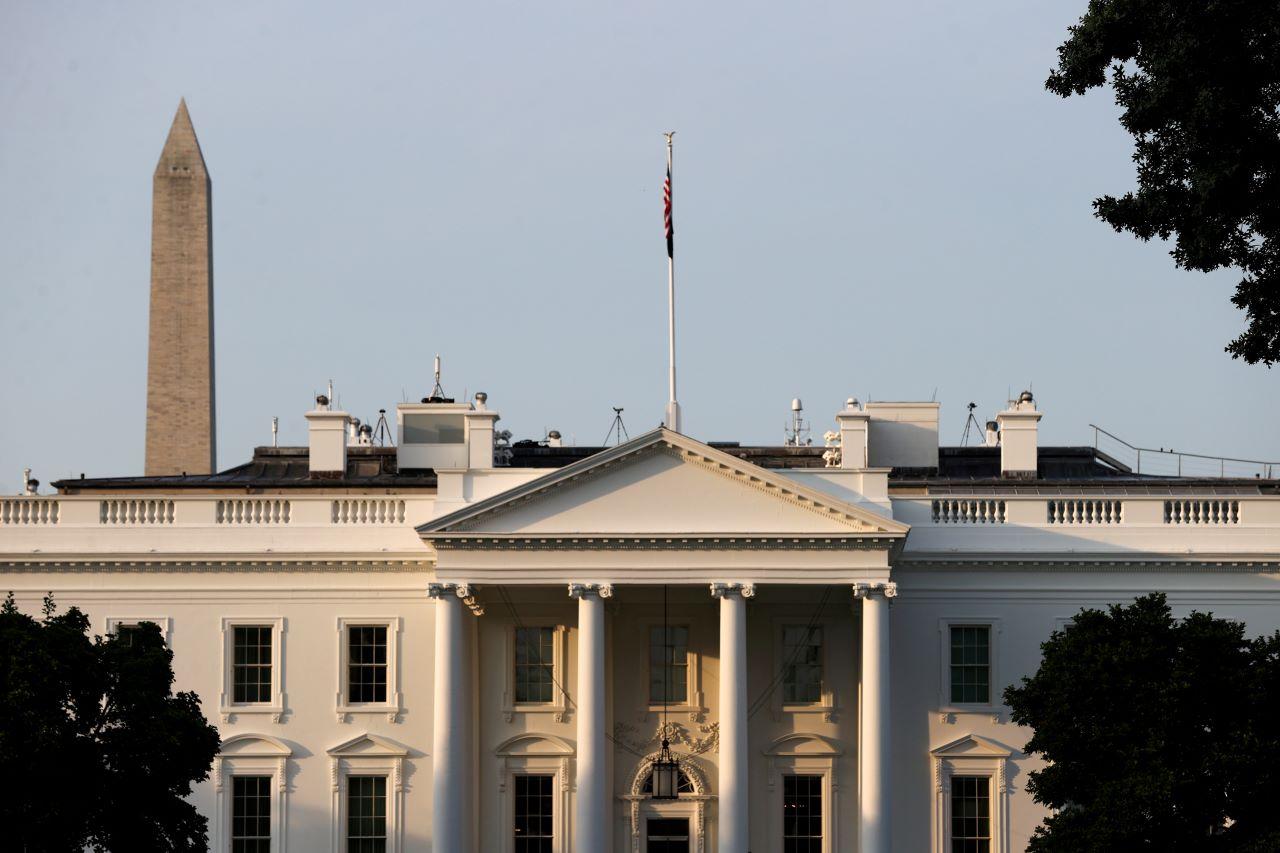Biden hosts leaders of Australia, India and Japan for Quad summit
Of three regional groupings that Washington leads in its strategic chess game to manage China's ascent, the Quad is deliberately the most open.
Just In
President Joe Biden on Friday deepens his bid to cement US leadership of the Indo-Pacific against a rising China with the first in-person summit of the regional Quad group.
Meeting in the White House, Biden and the leaders of Australia, India and Japan will discuss a Covid vaccines drive, regional infrastructure, climate change and securing supply chains for the semiconductors used in computer technology.
While China is not officially on the agenda, the Quad will stress backing for a “free and open Indo-Pacific,” a senior US official told reporters. That’s a phrase often standing in for ensuring that communist China will not end up dominating the region, including vital international sea lanes.
For Washington, the Quad meeting marks another step to reviving a US focus on diplomatic efforts, following its dramatic exit from the 20-year Afghanistan war.
And “the Biden administration understands that the challenges of the 21st century will largely play out in the Indo-Pacific,” a senior administration official, who asked not to be named, said. “We are doubling down on our efforts.”
Of three regional groupings that Washington leads in its strategic chess game to manage China’s ascent, the Quad is deliberately the most open.
The other two are the Five Eyes intelligence-sharing alliance, comprising Australia, Canada, New Zealand, the United Kingdom and the US, and the newest arrival on the block – Aukus.
Aukus was only unveiled last week and centres so far on a project for Australia to acquire nuclear-powered submarines using US and British technology. Although it will take years for Australia’s navy to actually get the vessels, the announcement sent waves around the world, angering China and separately causing a furious row with France which saw its previously negotiated contract for selling Australia conventional submarines thrown out.
No military component
The White House meeting is expected to be one of the final international summits for Japanese Prime Minister Yoshihide Suga, who is not seeking re-election. India’s Prime Minister Narendra Modi and Prime Minister Scott Morrison of Australia will also attend.
Suga and Modi will hold separate bilateral talks with Biden on Friday, while Morrison and Biden met earlier this week at the UN.
With the uproar over the Australian nuclear submarines plan only just dying down, US officials are keen to stress there is no military component to the Quad.
They also say it is not meant to rival or undermine the preeminent regional grouping Asean, which includes China.
“This is not a military alliance. It’s an informal grouping of democratic states,” the administration official said. “I think concerns have been dispelled and I believe at a general level this initiative is welcome across the region.”
However, competition with China is at least as strong outside the military domain, including in the effort to supply poorer countries with vaccines – where the US is by far the world’s top donor – and in stimulating pandemic-battered economies.
Among the “substantial engagements” expected at the talks, the Quad will make announcements on its vaccine delivery plans, the administration official said.
Just ahead of the Quad summit, China made a major play of its own by applying to join the Comprehensive and Progressive Agreement for Trans-Pacific Partnership – a huge regional free trade pact.
The US had joined the pact’s previous version, the TPP, until Donald Trump pulled out in 2017.
With Japan already a member of the new pact, Biden will ask Suga to brief him on “where he thinks Japan is going and his recommendations for the US continuing engagement,” the official said.
Subscribe to our newsletter
To be updated with all the latest news and analyses daily.
